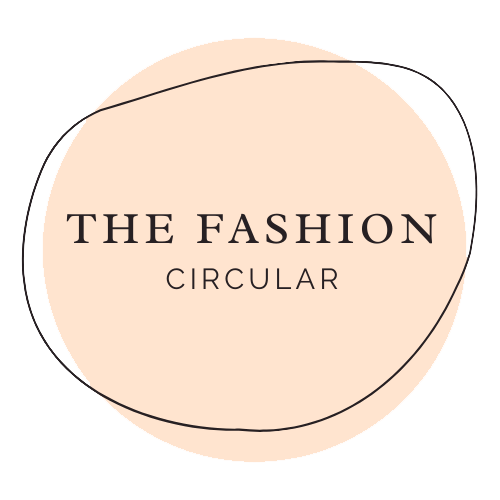Sustainability Values.
Sustainability means many different things to many different people. While fashion, by nature, is not sustainable,
we hope to provide information on the different types of sustainability that you can look for so that you can vote with your dollars and help to make an impact.
Organic
Organic does not mean the same thing as sustainable, Organic means that there are only organic farming practices used when the fiber is being grown. This does not ensure that organic dyes or finishes are being used.
Locally Made
Locally made means the the materials used to make the product as well as the manufacturing of that product are sourced locally. Typically within 300 miles.
Ethically Made
Ethically made means that the people who are making your product (cutting.sewing dyeing, ect) are treated fairly: paid a fair wage, given breaks, paid sick leave, provided with proper safety equipment etc.
Natural Fibers
Natural fibers include plant fibers such as cotton, linen (flax), hemp, jute or animal fibers like wool, silk, or cashmere. Buying clothing made out of natural fibers ensures that no microplastics end up in our oceans.
Made to Order
In the made-to- order business model, businesses do not invest in piles of inventory, rather they invest in a fabric inventory and then cut each piece as it is ordered by the customer, this cuts down on a huge amount of waste.
Remnant Fabric
During production (cutting and sewing) there is a lot of waste that occurs in the fashion industry. Using remnant fabric means that brands use the waste from their production in other pieces that they create. For example using a leftover piece of fabric to make a strap or a pocket.
Low Impact Dyes
Not all dyes are created equal, while the dye world still has a long was to go, there are certain brands that use low impact dyes. These are dyes that are safe and do not harm our waterways.
Dead-stock Fabric
Dead-stock fabric is fabric that was left over by other brands that is no longer wanted. If not used by someone else it will typically end up in a landfill.
Circular Thinking
Many businesses are taking circular fashion more seriously and have programs within their business models to take back clothing once it is worn and recycle or up-cycle it into something new.
Plastic Free Packaging
The norm in the fashion industry is to use plastic polybags to ship clothing as it protects it from dirt and mold along the supply chain. However, this needs to change. There are many brands working hard to ensure a plastic free shopping experience.
Clean Water
Dyeing, washing and finishing done in the fashion industry can waste a lot of water. Companies who are taking this into consideration and recycling their water to use over and over again waste less water.
Inclusion and Diversity
Making sustainability accessible to people of all different shapes, sizes and races.

